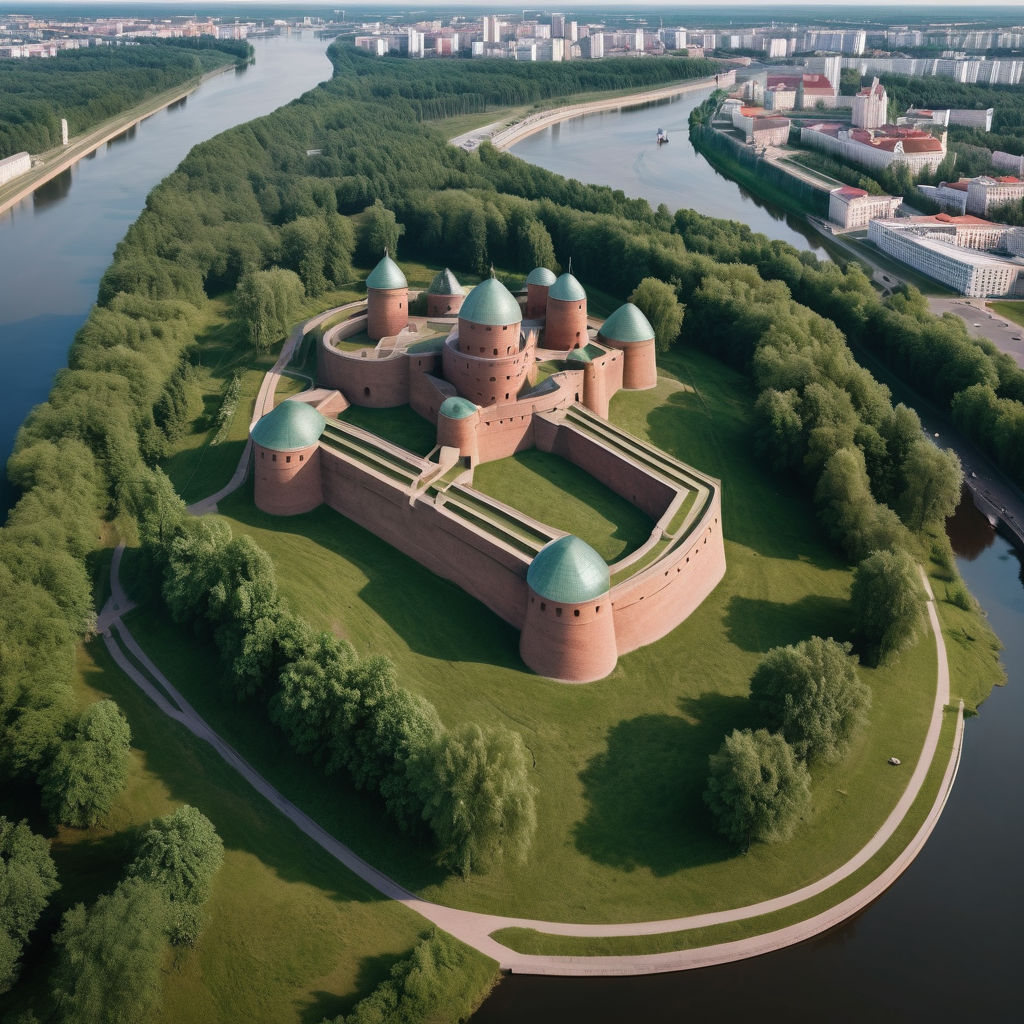Discover Belarus: A Journey Through Its Rich Cultural Heritage and Traditions
Exploring Belarus’s Cultural Heritage, Social Dynamics, and Cross-cultural Interactions

Introduction to Belarus
Belarus, a landlocked country in Eastern Europe, shares borders with Russia to the northeast, Ukraine to the south, Poland to the west, and Lithuania and Latvia to the northwest. The capital and largest city is Minsk, a vibrant cultural and economic center. Other major cities include Brest, Hrodna, Homiel, and Vitebsk. Belarus boasts a rich cultural heritage influenced by its history of Slavic traditions, Orthodox Christianity, and its position as a crossroads between Eastern and Western Europe. The country is known for its well-preserved castles, folk art, and traditional festivals.
Cross-national and Cross-cultural Understanding
Belarusians generally perceive and engage with other cultures with a blend of curiosity and traditionalism. The country's history of being part of the Soviet Union has shaped its cultural and social outlook, but there is also a growing openness to the wider world. Belarus promotes cross-cultural understanding through various initiatives, cultural exchanges, and educational programs. Significant cultural exchanges and educational programs highlight Belarus's commitment to fostering global engagement. Institutions such as the Belarusian State University and the National Art Museum of Belarus promote Belarusian culture internationally through events, exhibitions, and language courses. Various non-governmental organizations and international bodies also support cultural preservation and exchange programs, fostering mutual understanding. International partnerships enhance cross-cultural understanding. Belarus is an active member of international organizations such as the United Nations, the Commonwealth of Independent States (CIS), and the Eurasian Economic Union (EAEU), promoting cultural cooperation and exchange. These partnerships facilitate student exchanges, collaborative research projects, and cultural festivals, strengthening Belarus’s cultural ties with the world.
Interactions and Social Dynamics
Interactions between Belarusians and foreigners are typically characterized by politeness, formality, and a strong sense of hospitality. Belarusian social behaviors are influenced by cultural values such as "гостеприимство" (hospitality), "уважение" (respect), and "дружелюбие" (friendliness). These values are often reflected in the way Belarusians engage with outsiders. Social behaviors in Belarus emphasize respect and politeness in initial interactions. Greetings often involve a firm handshake and maintaining a respectful distance. Hospitality is a significant aspect of Belarusian culture, and guests are treated with great care and generosity, frequently invited to share meals and participate in social gatherings. Communication styles in Belarus are generally direct yet polite. Belarusians value honesty and clarity in communication, often engaging in straightforward and respectful discussions. Non-verbal communication, such as body language and facial expressions, plays a significant role in interactions, adding to the overall expressiveness of conversations. Language plays a crucial role in facilitating interactions. Belarusian and Russian are the official languages, with Russian being more widely spoken. English is increasingly taught and spoken, especially among the younger generation and in urban areas. Multilingualism is valued and encouraged, especially in educational and professional settings.
Views on Dating and Relationships
Dating and relationships between Belarusians and foreigners are becoming more common, particularly among younger generations and in urban areas. Belarusian society tends to be open-minded about relationships, with a strong emphasis on individual choice and mutual respect. There is a growing acceptance of cross-cultural relationships as opportunities for international exposure increase. In Belarusian dating culture, there is often a strong emphasis on family approval and social harmony. Relationships are typically pursued with a long-term perspective, and traditional gender roles can play a significant role. Men are often expected to be providers and protectors, while women are expected to be nurturing and supportive. Cultural expectations and traditions, such as the importance of family approval and adherence to Orthodox Christian practices, can impact relationships. Understanding and respecting these cultural norms is essential for successful cross-cultural relationships in Belarus.
Marriage and Family
Marrying foreigners is widely accepted in Belarus, though it comes with certain social and familial considerations. Legal considerations for such marriages involve specific regulations governed by Belarusian civil law. There is no pressure for non-Christian spouses to convert to Christianity, reflecting the country’s secular and inclusive approach to marriage. Socially, Belarusian families are generally open to cross-cultural marriages, although there may be initial reservations about cultural differences and social compatibility. However, acceptance typically increases as relationships develop and families get to know the foreign partner. Family plays a central role in Belarusian culture, and marrying into a Belarusian family often involves participating in family gatherings and traditions. Common practices in cross-cultural marriages include celebrating both Belarusian and foreign traditions, creating a blended cultural environment. For example, a couple might celebrate Belarusian holidays like Kupala Night and Maslenitsa alongside holidays from the foreign partner’s culture.